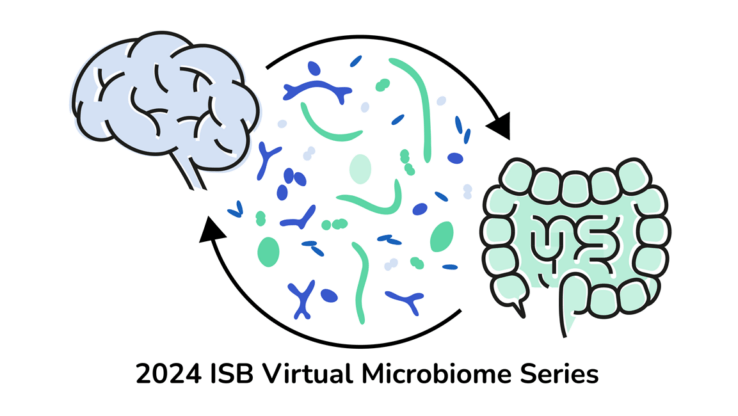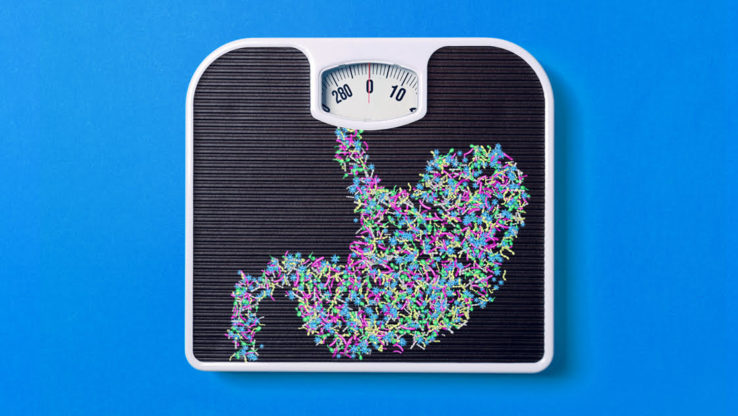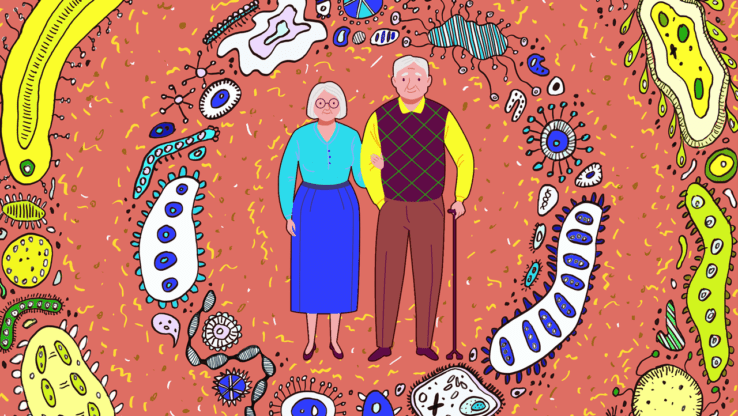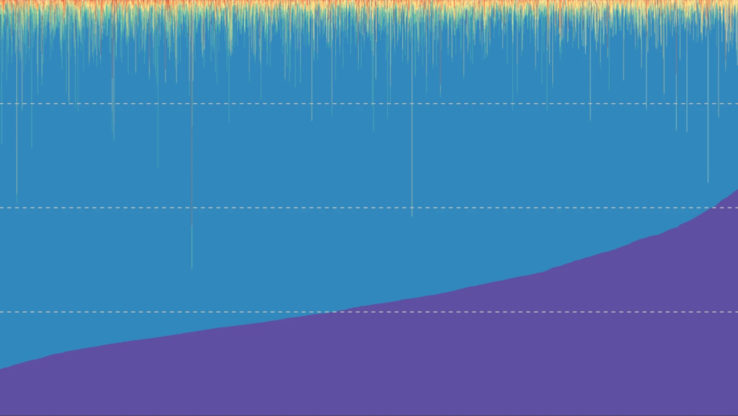Media Requests
Journalists: We are at your service. Please contact us with your request and we will get back to you promptly.
Contact UsGet Our Newsletter
Keep up with our news and upcoming events right in your inbox by subscribing to Molecular Me, the newsletter of ISB.
Subscribe












